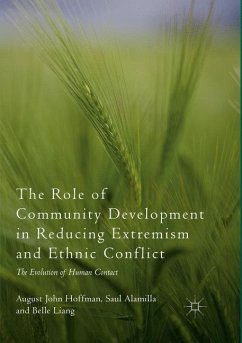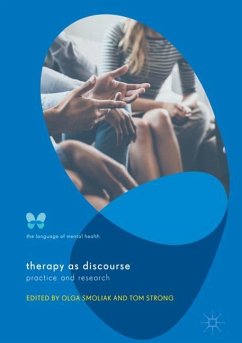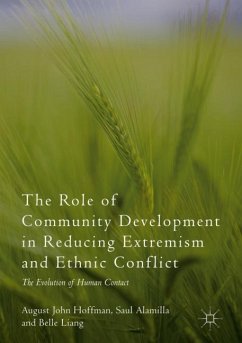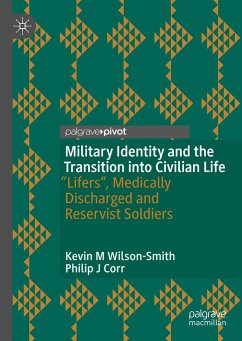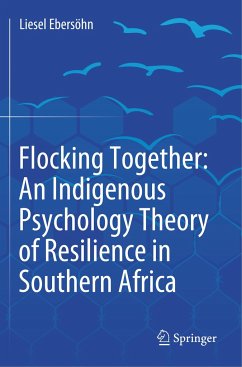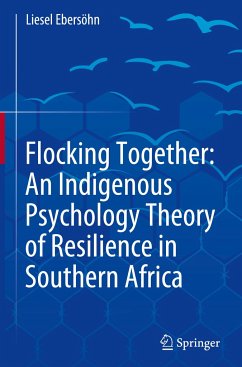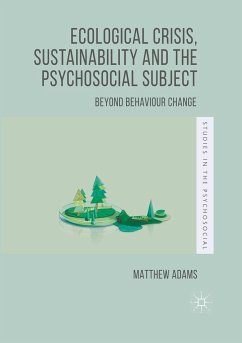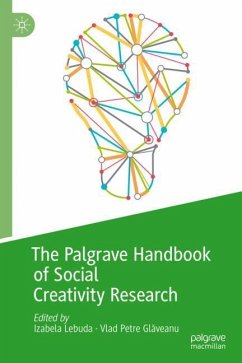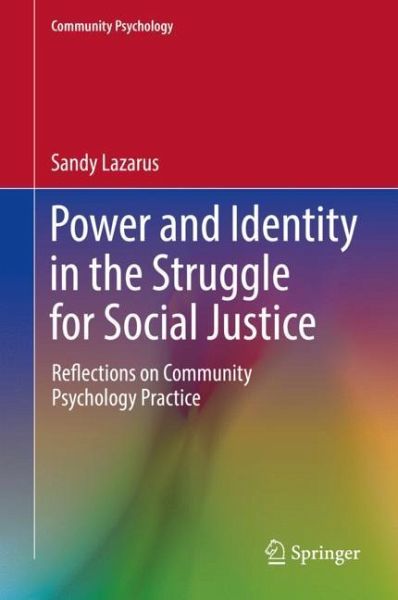
Power and Identity in the Struggle for Social Justice
Reflections on Community Psychology Practice

PAYBACK Punkte
38 °P sammeln!
This compelling example of auto-ethnography follows the journey of a psychologist pursuing her career in apartheid-era South Africa-and reappraising her work and her worldview in the post-apartheid years. The author describes her development of a human rights perspective, rooted in an understanding of power dynamics in contexts of oppression, privilege and inequality, as it evolved from theory to real-life practice in academia and the community. Key themes include embedding core principles of social justice, and of learning and teaching, in community practice and policy work, and maximizing co...
This compelling example of auto-ethnography follows the journey of a psychologist pursuing her career in apartheid-era South Africa-and reappraising her work and her worldview in the post-apartheid years. The author describes her development of a human rights perspective, rooted in an understanding of power dynamics in contexts of oppression, privilege and inequality, as it evolved from theory to real-life practice in academia and the community. Key themes include embedding core principles of social justice, and of learning and teaching, in community practice and policy work, and maximizing community action and participation in participatory action research. And in addition to her recommendations for ethical practice and professional development, the author's self-reflexive presentation models necessary steps for readers to take in building their own careers.
Among the topics covered:
Self-reflections on power relations in community practice.
Learning about the decolonial lens.
Empowerment as transformative practice.
Policy work during post-apartheid years.
Developing teaching and learning theories and practices.
Power and Identity in the Struggle for Social Justice will act as both an interesting and a valuable resource for people working or planning to work with people in various community contexts. This includes psychologists who practice community psychology, social workers, and other community practitioners, particularly in social development, health, and education settings.
Among the topics covered:
Self-reflections on power relations in community practice.
Learning about the decolonial lens.
Empowerment as transformative practice.
Policy work during post-apartheid years.
Developing teaching and learning theories and practices.
Power and Identity in the Struggle for Social Justice will act as both an interesting and a valuable resource for people working or planning to work with people in various community contexts. This includes psychologists who practice community psychology, social workers, and other community practitioners, particularly in social development, health, and education settings.




